Westward Services and Funding
More and more companies are choosing to acquire vehicles through some form of funding agreement rather than buying them up front. They have a choice of either purchasing or leasing them. Both forms of funding usually involve paying a regular amount over a contracted period, typically three years or 60,000 miles in the case of company cars.
Purchase-based funding methods include hire purchase and contract purchase. Lease-based methods include contract hire and finance lease.
Before opting for a funding method, an organisation needs to consider the overall cost of each approach, the flexibility it provides, how it will affect the balance sheet and what the potential tax implications are.
Business Vehicle Consultation

Business Vehicle Consultation
What we can offer to any business is a fleet consultation.
This involves in a meeting for 45 minutes firstly discussing your current vehicles:
- What work they do
- Why they work
- How they are funded
- A check on current finance agreements and your liabilities with these agreements
Then a discussion on future needs:
- Changes of funding methods due to cashflow or tax position
- Lower BIK Taxation for drivers and therefore reducing national insurance contributions
- The vehicles themselves including fuel, insurance, tax, servicing and maintenance costs, image and practicality.
- Do you need to lower the overall cost of the fleet and do you have a budgetary requirement for it to hit.
We will then look at all of your needs and put together informed suggestions to help you decide what is best for you and your business.
To book a consultation, whether you run 3 or 300 vehicles please use the contact form or call to arrange a no obligation appointment.
Green Fleet Management
Green Fleet Management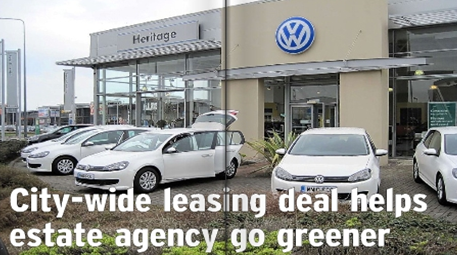
Westward are fully aware of the commitment by companies to reduce their carbon footprint through their fleet of lease vehicles. As a new customer, Westward will review your fleet and achieve a range of vehicles that improve your efficiency and ultimately your business costs.
For a no obligation, free review of your fleet, call us to find out why so many business are prepared to listen to our experienced team who are fully aware of the ever changing technology, so your business can be steps ahead of your competition.
Contract Hire

Contract Hire
Contract hire is usually the most common form of business vehicle leasing.
The contract is based on lease terms, or profile and the annual mileage
Benefits of Leasing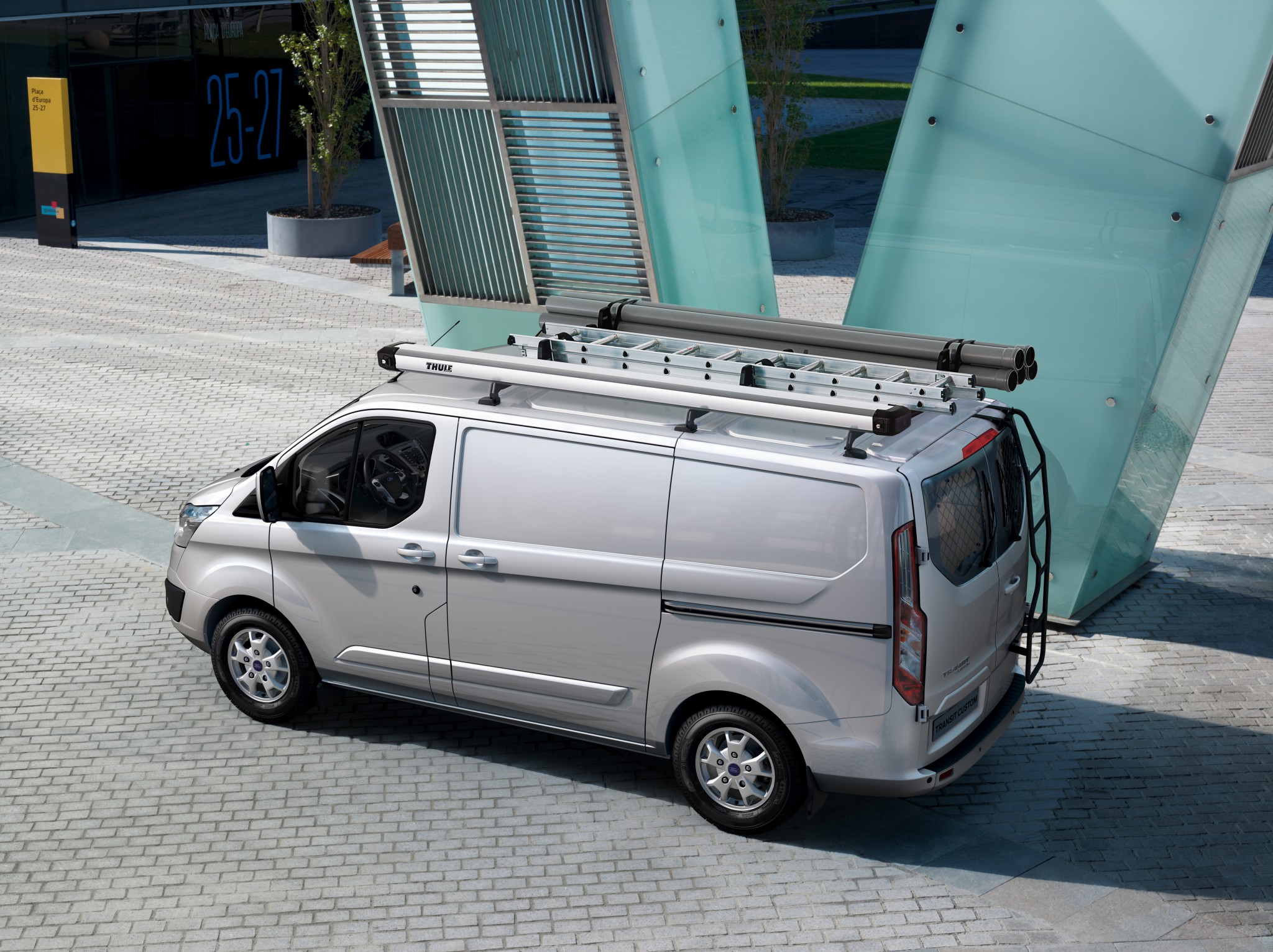
- Frees up working capital
- Fixed monthly costs allow you to budget easily
- Low initial outlay improving cash flow
- No depreciation of vehicle losses
- RFL and servicing, unless otherwise agreed, included
- MOT and Breakdown is covered
- Gain access to GKL Westward Fleet Management
- Fleet Manger and Driver Area
If Vat Registered:
- Vat payable monthly rather than all together if Vat registered 50% re-claimed on the finance element
- If the car is pure business lease (eg pool car) the Vat is 100% re-claimable
- 100% re-claimable on all commercial vehicles
All that you are responsible is for comprehensive insurance cover, filling up with fuel, maintaining the vehicle in good condition, carrying out mileage inputs where advised. Checking and topping up oil and enjoying the benefits of leasing through Westward.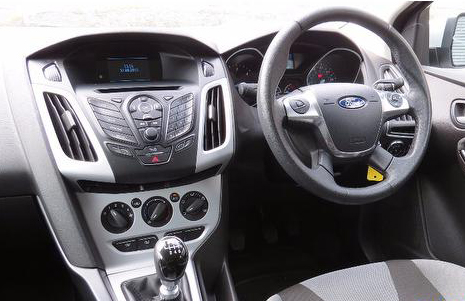
There are no stings in the tail with off hire agreement costs and damage reports, Westward offer very fair damage costs, that is why customer who lease through Westward remain customers and recommend us to other business users. You also have the ability to purchase the vehicle at the end of the contract should you so wish, or drive away in your renewed lease car.
Fleet First

Multiple Vehicle Leasing and Fleet Services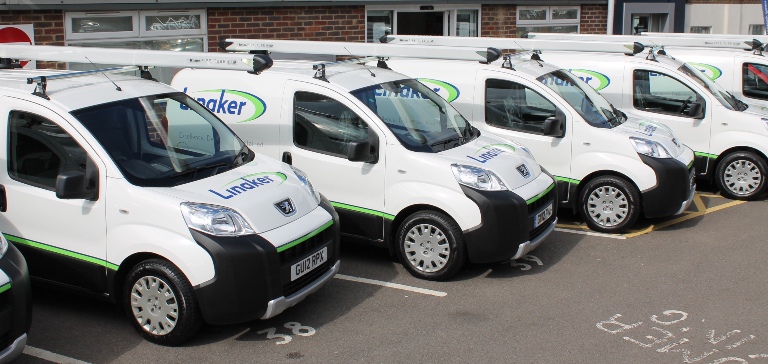
Whether your Business requires 10 to over 100+, Westward are more than capable of providing and running your fleet. Both our fleet management portal and experienced team, from staff contact to our maintenance and admin team, you can rest assured, Westward will provide a solution to enable to you to concentrate on your core business. Our staff contact can help your fleet manager to greatly improve efficiency and overall savings, whilst keeping maintenance and motor requirements up to date and fully documented.
Finance Lease
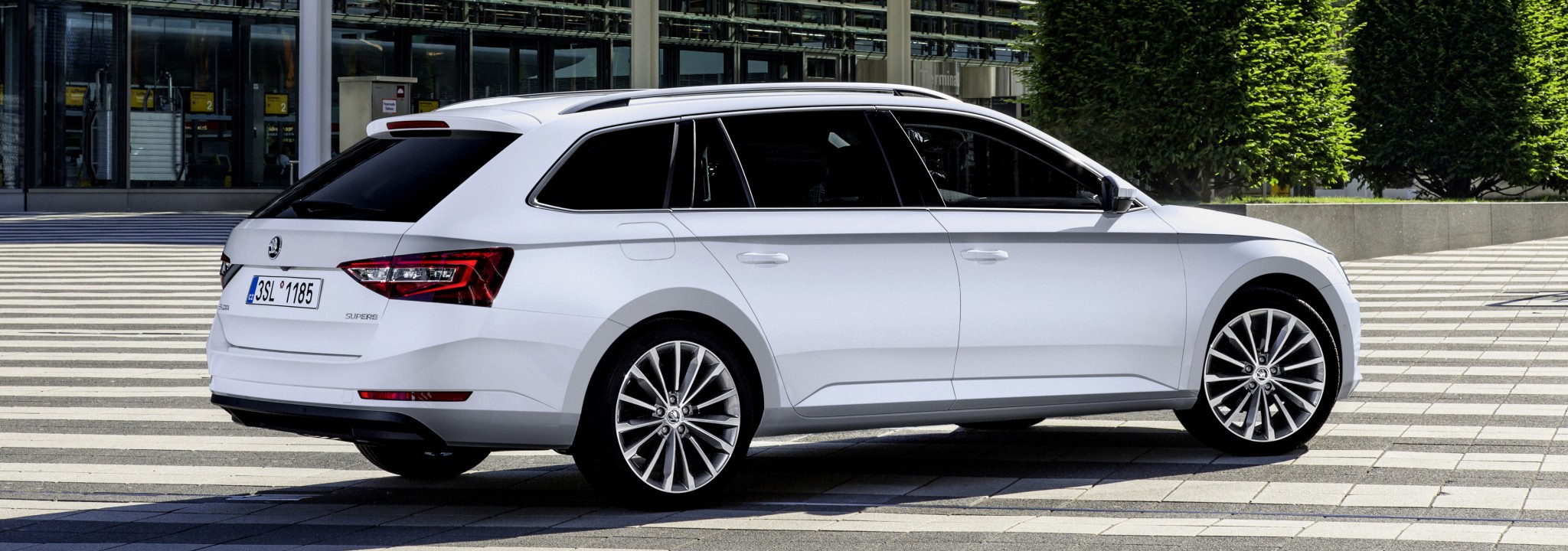
Finance Lease
With a finance lease you choose to pay either the entire cost of the vehicle, including interest charges, over an agreed lease period or opt to pay lower monthly rentals with a final payment based on the anticipated resale value of the vehicle. The user benefits with a fixed cost but does take on the administration and operating risks, for example unexpected maintenance, repairs and losses in residual value.
At the conclusion of the contract you can continue to operate the vehicle for a nominal fee, but you will at no time take ownership of the asset. Ownership of the vehicle remains with the leasing company for the duration of the contract, but the car does appear on your balance sheet with the capital element of the outstanding rentals representing a liability.
Some or all of the rental charge can be offset against taxable profits.
Contract Purchase

Contract Purchase
Westward agrees to buy the vehicle(s) via a series of monthly installments, covering the cost of the vehicle and an interest element. The monthly fee usually includes a charge for any additional services,such as maintenance. There is usually a final balloon payment, equal to the vehicle’s residual value, after which legal ownership passes to the user.
Having gained legal ownership, the new owner can keep the vehicle, sell it on directly, or sell the car back to the finance company for a price agreed at the start of the contract.
Ownership of the vehicle for tax purposes passes to the user on the day the contract is signed, meaning that its cost can be written down on the balance sheet (by claiming capital allowances).
Hire Purchase

Hire Purchase
This is a method of financing a purchase with the vehicle becoming the property of the lessee at the end of the period.The monthly payment is determined by the amount of deposit paid, the period of the contract and the sale price of the vehicle.
The loan is secured against the vehicle,which can be repossessed if payments are not kept up. In the event of the vehicle being sold before the end of the agreement you would still be required to pay the loan back in full less an interest credit for early settlement. The vehicle appears on the balance sheet and purchaser can claim a capital allowance for its depreciation as an asset.
The interest elements of the hire purchase fee can be offset against taxable profits.
Purchase and Leaseback

Purchase and Leaseback
Purchase and Leaseback in summary revolves around Westward purchasing your vehicle, or fleet of vehicles, and leasing them back to your business on contract hire terms.
1) GKL Westward Leasing purchase your current fleet and Leaseback to you.
This is a popular solution to fleet management should you be happy with your current fleet but would like to gain the advantages and benefits of contract hire.
Benefits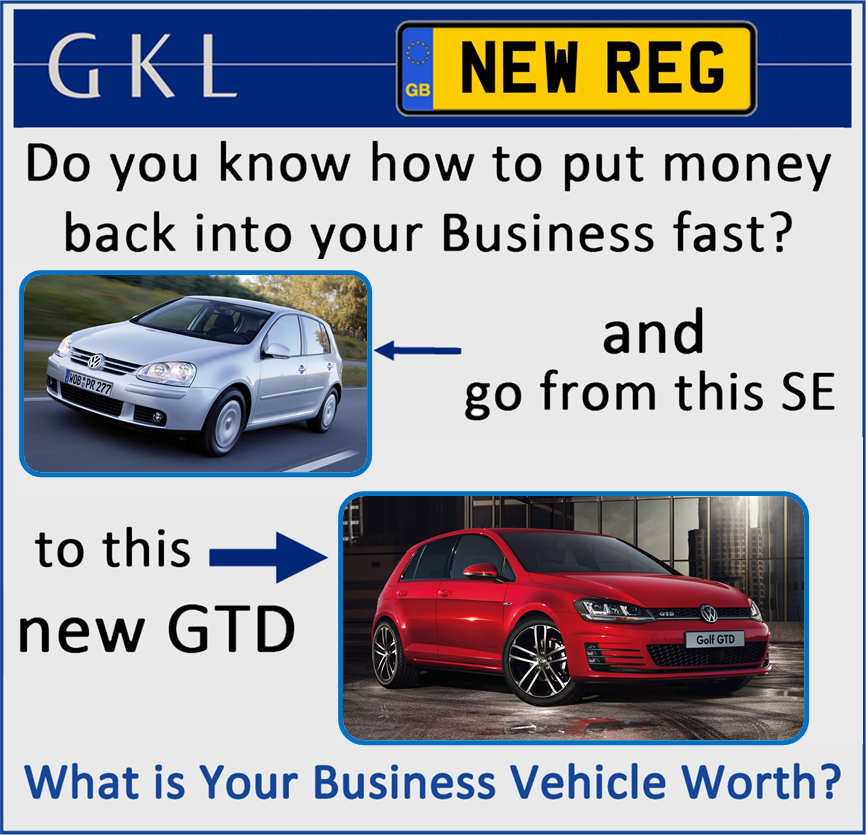
- Take adv of contract hire
- No depreciateion losses
- Fixed costs
- No hassle of vehicle disposal
2) GKL Westward purchase you fleet and dispose of the vehicles, then lease you new vehicles
Benefits
- Hassle free vehicle disposal
- New vehicles with latest technology
- Modern fuel efficient vehicles
- Reduced maintenance and general motor costs
- No depreciation costs on leased vehicles
- Put money back into your business fast and free up working capital
- Fixed payment, allowing you to budget efficiently
Employee Car Ownership Scheme

Employee Car Ownership Scheme
The Employee Car Ownership Scheme, or ECOS, allows the fleet manager to retain control of your fleet policy although the employee “owns” the vehicle.
In this way your employees benefit from vehicle and maintenance repayments that are funded through a combination of tax savings, tax-free business mileage reimbursement and top-up cash allowances. Should the employee leave the company, the value of the car must be reimbursed to you.
ECOS is very flexible as it allows the client to decide, at the outset, how much you want the employee to contribute towards the overall vehicle costs. This can be done in a variety of ways to suit the business and employee’s needs.
Funding the vehicle generally occurs through the following methods
- The employee contribution (set by the client)
- Utilisation of the tax free mileage allowance (eg 40p/mile to 10,000 miles, then 25p per mile)
- Taxable Top-Up Allowance, should the two previous amounts not be sufficient to cover the costs.
This is not something the client will have to calculate, it can be done on your behalf by your ECOS consultant.
Benefits to client
- Can offer savings to the business per annum per vehicle.
• Can be a good employee incentive and retention tool.
• Addresses Corporate Manslaughter issues (see below).
Benefits to employee
- Protection from future taxation of cars and fuel increases.
• Allows private fuel to be provided without crippling taxation which negates the benefit.
• Greater flexibility and choice of vehicle.
• Potential to profit at the end of the contract.
• Replicates the peace of mind of the company car.
Corporate Manslaughter
When an employer gives a taxable car allowance as part of the remuneration package this is generally to allow the employee to purchase their own vehicle to be used for both business and private use. If the company is not involved in the maintenance and upkeep of the vehicle and it is involved in a fatal accident whilst on business use, then the company would be liable for corporate manslaughter under recent legislation.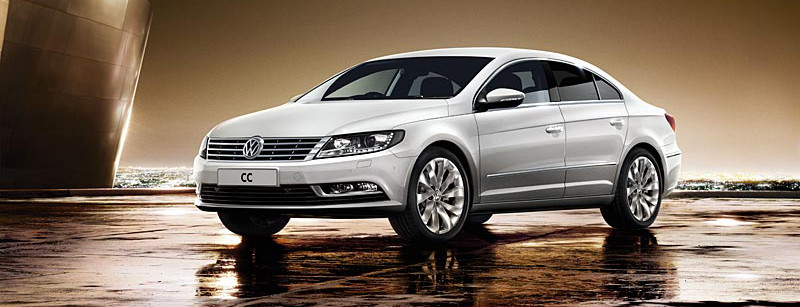
The Corporate Manslaughter and Corporate Homicide Act 2007 is a landmark in law. For the first time, companies and organizations can be found guilty of corporate manslaughter as a result of serious management failures resulting in a gross breach of a duty of care.
The Act, which came into force on 6 April 2008, clarifies the criminal liabilities of companies including large organizations where serious failures in the management of health and safety result in a fatality.
ECOS assists with this issue by ensuring fully maintained, roadworthy vehicles that have the correct insurance.
Greater flexibility and choice
A benchmark car can be allocated for each grade based on the individual employee’s annual mileage, with the client retaining overall control over what car the employee can have. The company funding is fixed, so if the employee decides to go for a cheaper car then the difference will be added to his take home pay and is not taxable. Equally if the employee opts for a more expensive car than the benchmark the employee meets the additional monthly cost.
The individual can select any car that they can afford and is allowed under the scheme and is not restricted by what this would mean in terms of taxation on them.
Potential for employee to profit at end of contract
The Credit Sale Agreement includes an optional final payment, which is an estimate of the market value at the end of the contract. This amount is set out at the start of the contract and does not change.
The employee can decide at the end of the contract if they want to make this payment and retain the car or send it back to the provider. It might be that the car is worth more than the final payment price and if that is the case the employee can purchase the vehicle and sell it on, retaining any profit tax free. It could also be purchased to keep as a second car but at the end of the lease, whichever option is taken, that vehicle is no longer part of the scheme.
Is ECOS right for my company?
ECOS can be suitable for all businesses however may not in all circumstances deliver savings. Before entering into any arrangement the feasibility of this has to be considered on an individual company basis. It may also be the case that ECOS is implemented to benefit the employee rather than the business. Whatever the circumstances, they have to be considered.
On consultation, all the requirements of your business will be considered, and if ECOS is not the answer, there will be some way we can assist you to achieve your goals.